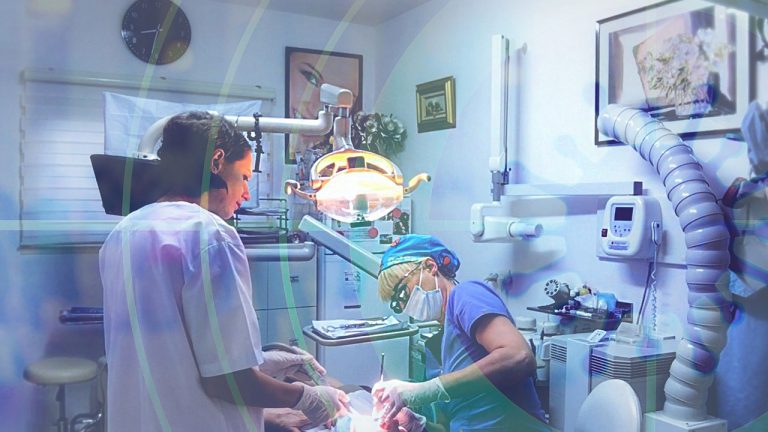

It may seem that in this modern era, we don’t have to worry as much about the dangers of fires as we once did. Fires seem to be an abstract concept, something dangerous that most of us don’t actually have to worry about. With that being said, however, fire protection should still be a concern for anyone running a commercial business in particular. While the risk of residential fires may be lowering, there is still a high risk for fires to occur in commercial buildings. Due to their extensive electrical wiring — among other things — commercial buildings are arguably more likely to literally go up in smoke. In some cases, it’s impossible to entirely prevent a fire from occurring in the first place — but there are steps you can take to increase your fire protection systems and prevent fires from getting out of hand. Certain fire sprinkler designs are now made with commercial buildings in mind, and can stop a fire before it grows. However, it’s important that you educate yourself about the specific needs of your building in order to choose the best fire protection services possible. Not all are made equal — and while system might be perfect for, say, a hotel, it might not be the right fit for a hospital setting. Without further ado, let’s look into what you need to know about fire protection.
Where Do Most Fires Occur?
Essentially, there is a high risk of a fire in any large buildings that have extensive electrical wiring, or for that matter rely up certain chemicals. This means that fires have been known to break out in hotels, restaurants, and even medical facilities in particular. Fortunately, warehouse fires have been on the decline. But fires in hotels and motels cause about 15 deaths and 150 injuries each year. This makes sense when you consider the fact that hotels and motels tend to pack a large amount of people together in fairly enclosed spaces. This makes it difficult for them to escape a fire once it gets out of hand. Even when people aren’t injured or killed, the effects of a fire can be devastating, with hotel and motel fires resulting in $76 million in property damages each year. One of the most dangerous types of fires, however, is the high-rise fire. High-rise fires are difficult to put out, and it’s hard to rescue people from the upper levels of high-rise buildings. Obviously, hotels can be included in those facilities at risk of high-rise fires — but in general, these types of fires are put into four categories. These include apartments, hotels, offices, and facilities that care for the sick.
What Are The Different Types Of Fire Suppression Available?
Fire suppression systems belong to the category of fire protection — but technically speaking, they stop a fire or at least slow it down once it begins. There are two main categories that we’ll discuss here: chemical systems and sprinkler systems. Chemical systems may use CO2 to stop a fire in its tracks. Usually, once the CO2 reaches 20% or more, the open flames will stop. However, in many cases the better option is a sprinkler system, which is arguably less complicated and poses less risk of malfunctioning. Often, a chemical suppressant system just isn’t necessary — when it comes to commercial areas with large oven ranges, non-chemical suppressant systems work effectively 96% of the time. Sprinkler systems are just more applicable on a universal scale.
How Do Sprinkler Systems Work?
A fire protection sprinkler system functions both as a warning and a protection system. If any sign of a fire is detected, the sprinkler system will be set off — this lets you know that you need to get out of the house even if you aren’t aware of a fire. A qick response system releases eight to 24 gallons of water per minute compared to the 80 to 125 gallons of water per minute you’ll see released from a fire hose, reducing water damage.


